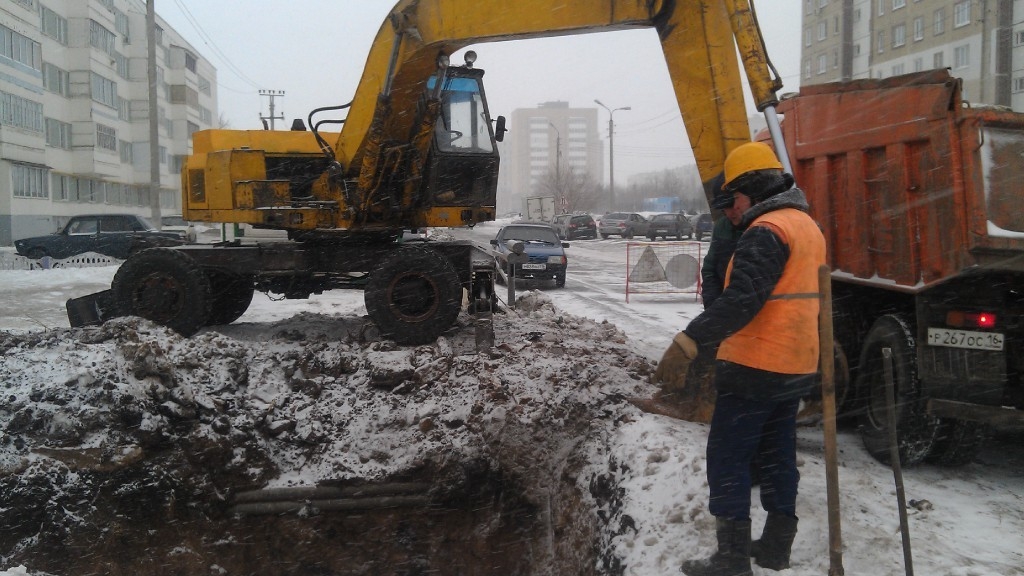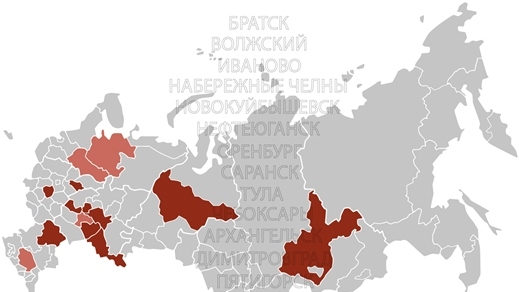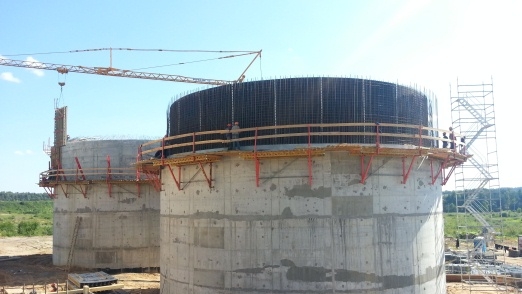Russia’s housing and communal services (HCS) sector remains highly inefficient and in need of significant reform – despite several years of reform efforts on the part of the federal government.
Starting in the early 2000s, the government supported several initiatives to upgrade and renovate utility networks and fixed assets, with the objective of introducing energy-saving technologies, promoting efficient ownership, improving social protection, and supporting the most vulnerable among the population.
Despite these efforts, however, many Russian citizens continue to be dissatisfied with the overall quality of housing and communal services.
A World Bank-financed Housing and Communal Services Project, which began in 2010, is working to change that through a combination of technical assistance and infrastructure investment. A total of $US 200 million has been provided to finance the project, of which USD 19.3 million is being used to support technical assistance, $US 175 million to finance cities’ investment plans, and $US 5.7 million to cover operating costs.
Following a competitive process, 10 cities were selected to take part as “core” participants, including Bratsk, Orenburg, Saransk, Cheboksary, Volzhsky, Naberezhnye Chelny, Novokuibyshevsk, Ivanovo, Nefteyugansk, and Tula, while 4 cities were selected as “back-up” cities, including Dimitrovgrad, Pyatigorsk, Cherepovetz and Arkhangelsk.
The project is being implemented in two stages: first, institutional and second, investment. During stage one, participating cities implement programs to reform their HCS sectors using their own resources, with technical assistance provided by experts. In stage two, investments in the HCS sector infrastructure are made using project loan proceeds in line with investment plans produced by the cities.
Although much work still lies ahead, steady progress has been made to date. By 2013, 61 percent of the overall urban population agreed that the quality of HCS had improved, compared with just 54 percent in 2010. Satisfaction rates are markedly higher in those cities where investment contracts have been implemented. In Naberezhnye Chelny, for example, the satisfaction rate is 80 percent.




